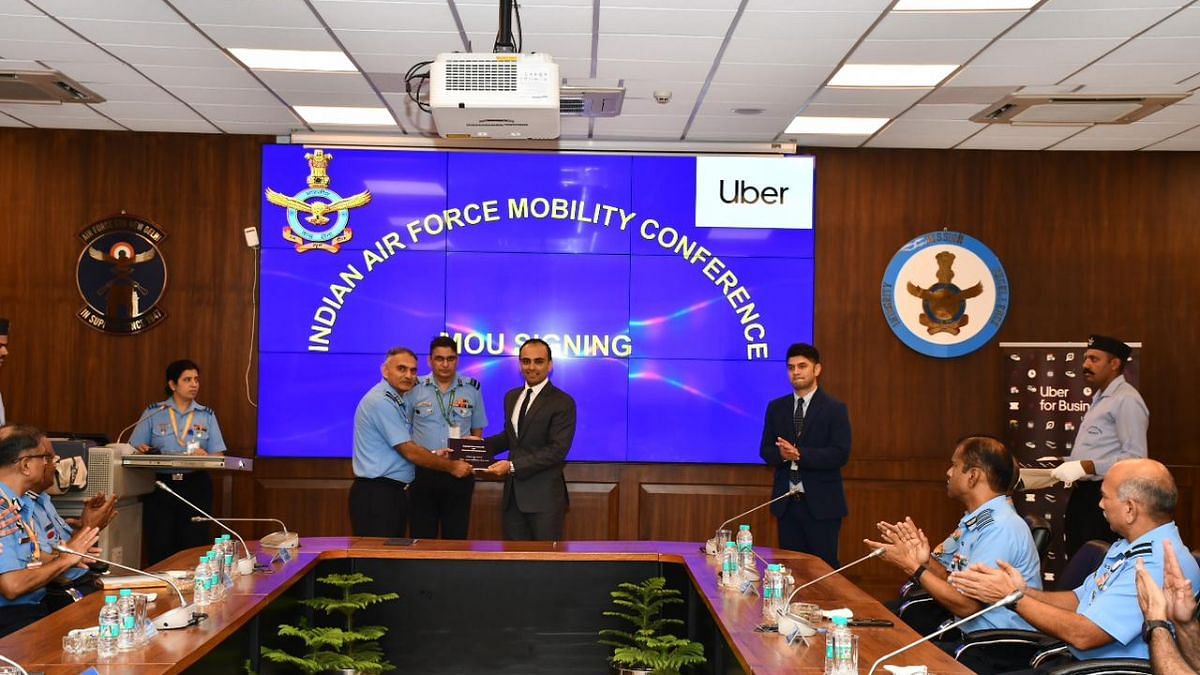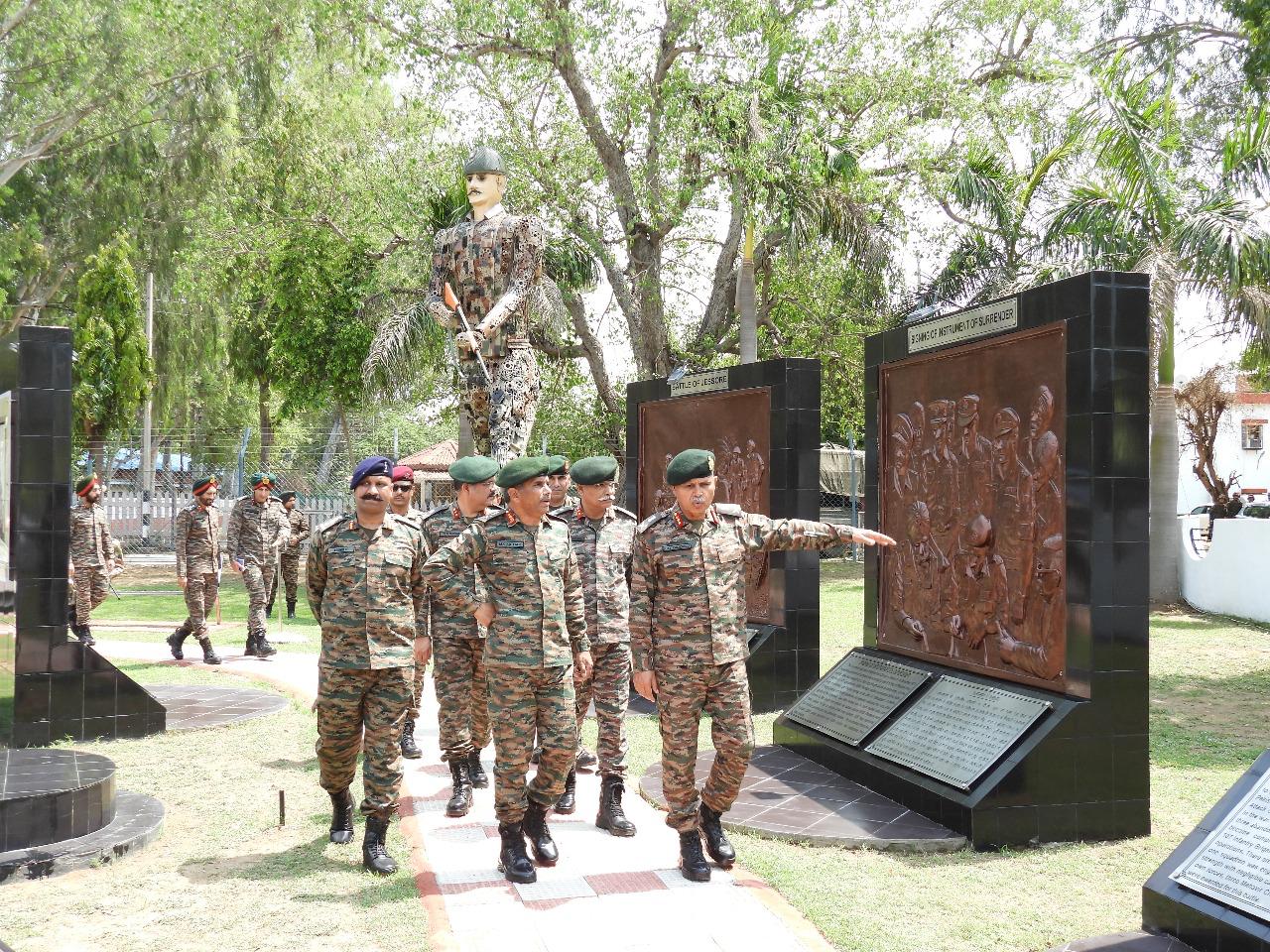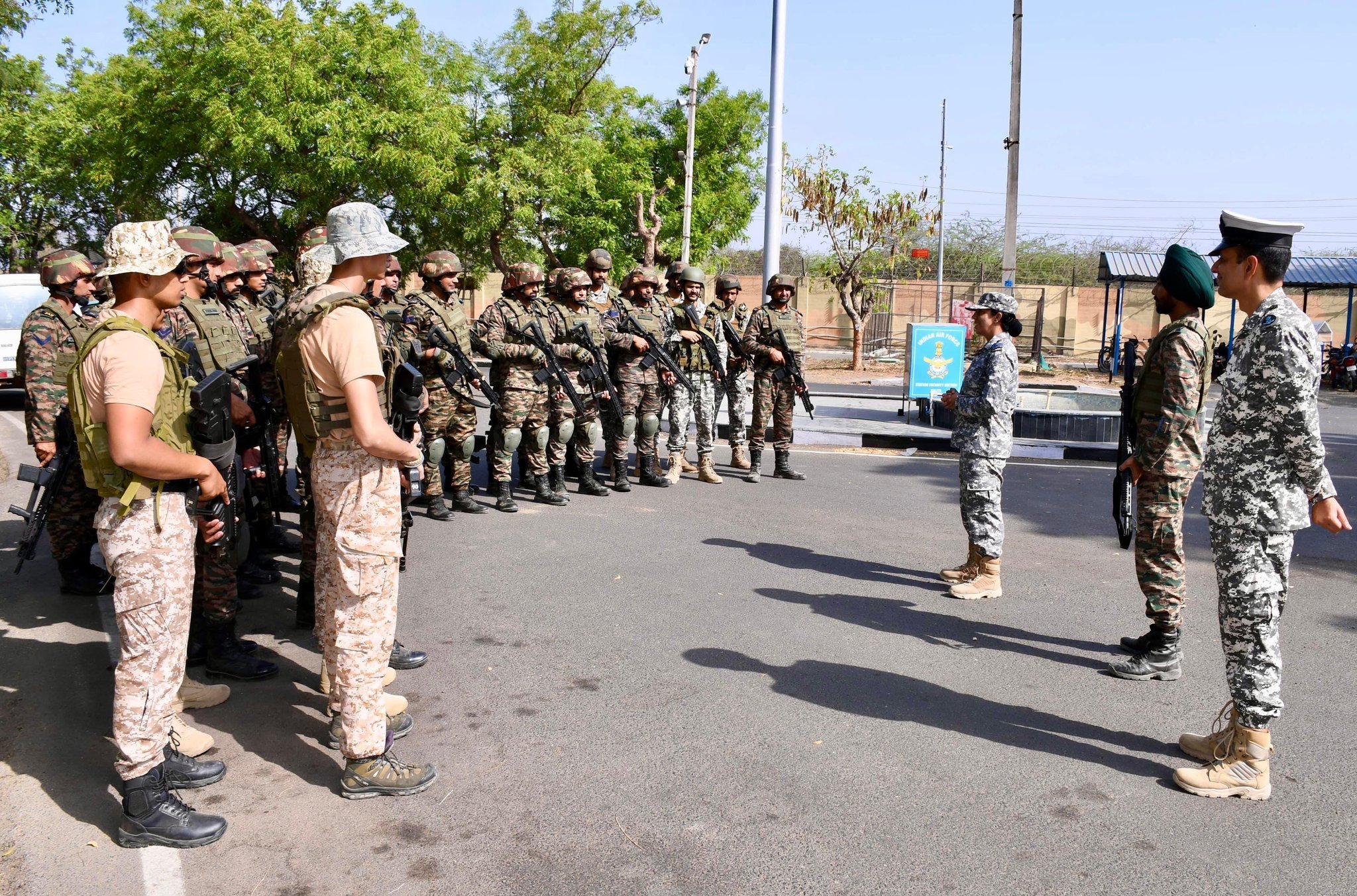A panel discussion hosted by ANI and a subsequent post on X have reignited concerns regarding information security within the Indian armed forces, particularly following memorandum of understanding (MoU) agreements between the Indian Air Force (IAF) and the cab service Uber. These agreements aim to provide “reliable, convenient, and safe transportation services” for military personnel, veterans, and their families. This initiative has drawn scrutiny, especially in light of a similar agreement made by the Indian Navy with Uber earlier in 2023.
Concerns have surged among users on X and various media outlets regarding the potential risks associated with data security and the tracking of military personnel’s locations. The veteran community has expressed dissatisfaction with the “contemptuous” and “crude” language used during the podcast but has also acknowledged the legitimacy of the security concerns raised.
In response to the backlash, one panel member issued an apology through a video while reaffirming the importance of addressing security risks. Another panellist, seemingly reacting to the criticism, sent a letter to the defense minister, copying the Prime Minister’s Office (PMO) and the Comptroller and Auditor General (CAG). This letter underscored serious security breaches faced by all three branches of the armed forces. It highlighted incidents such as the data collected by the fitness app Strava, which inadvertently disclosed the movement of military personnel in sensitive locations.
The armed forces’ silence on these issues has not helped alleviate public anxiety. Observers are left questioning the diligence of the armed forces in protecting their essential information infrastructure, especially with the continual advancements in both surveillance technology and open-source intelligence.
Historically, the armed forces have prioritized information security, recognizing it as integral to their operations. However, they face an uphill battle against the evolving landscape of technology and espionage. Open-source intelligence has made it alarmingly easy to gather general information about military operations, raising the stakes for the protection of critical data.
Though the armed forces have established robust safeguards to protect these details, including secure networks and encrypted communications, instances of negligence by personnel and a failure to adapt to technological advancements have been highlighted as key factors contributing to security breaches. Similar issues have been observed in other conflicts, demonstrating the grave consequences of unsecured communications and naive use of personal devices in sensitive operations.
The recent MoUs with Uber have sparked a broader debate about the security implications of using foreign entities for transport services and the risks related to user data and location tracking. The concerns extend beyond Uber and involve any service requiring personal information from users, including multinational corporations like Amazon and Google.
Critics argue that expecting complete security from technology companies, especially those based in countries with potential adversarial relationships, is unrealistic. The intricacies of cybersecurity means that threats can arise from various sources, including domestic and foreign entities.
The incidents concerning Strava have raised alarm bells regarding operational security, revealing a possible breach that goes against established protocols for personnel in sensitive environments. The situation calls for a thorough investigation and potential disciplinary actions against those responsible.
Despite the gravity of these issues, the lack of a clear response from the armed forces concerning the MoUs with Uber raises critical questions about their stance on information security and the protection of military operations. The potential cancellation of these agreements could further erode public confidence in the armed forces, creating a broader mistrust in their handling of sensitive information.
To mitigate these concerns, it is essential for the armed forces to deliver transparent communications detailing their information security strategies and measures related to the MoUs. Domain experts should address the media, providing insights into the security frameworks that protect military data and the precautions taken while utilizing cyber services.
Ultimately, these discussions must move beyond sensationalism and seek to restore public confidence in the armed forces’ commitment to information security, ensuring that personnel can engage in necessary services without compromising their safety and security.












